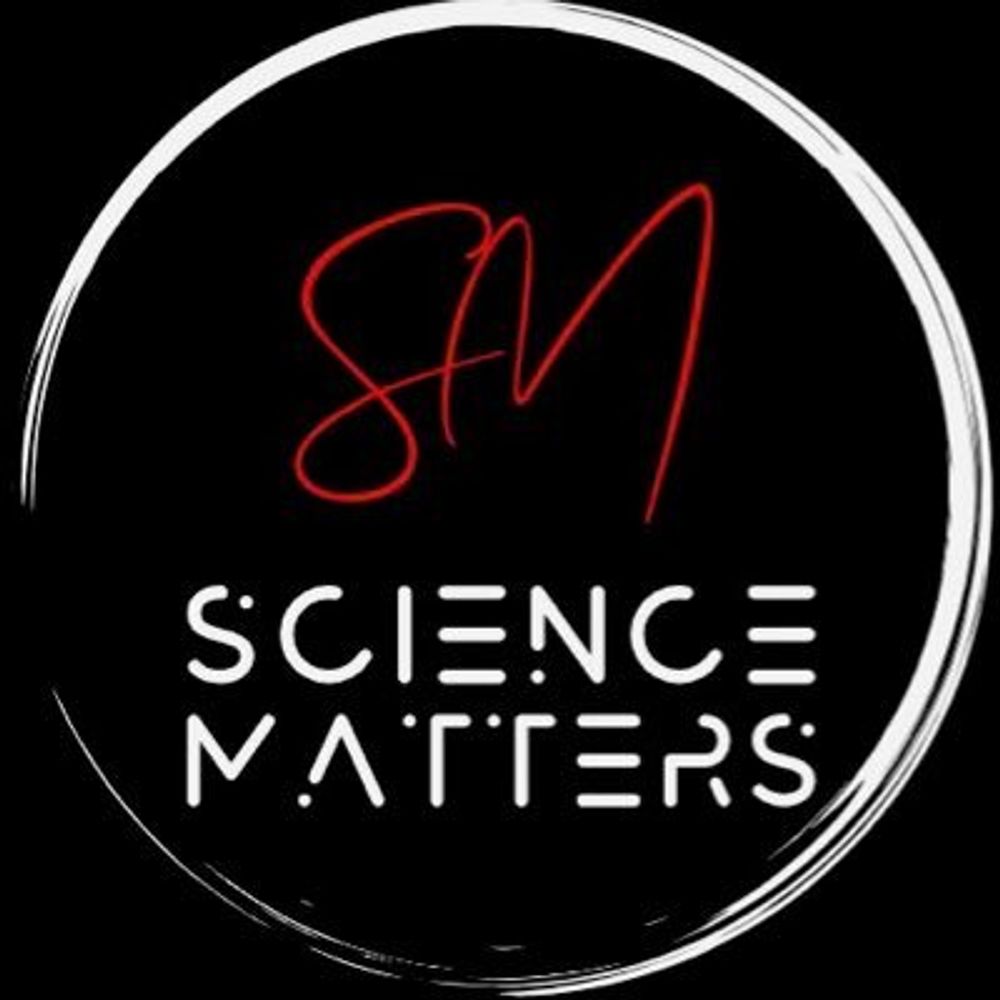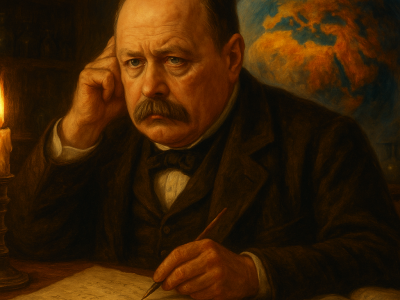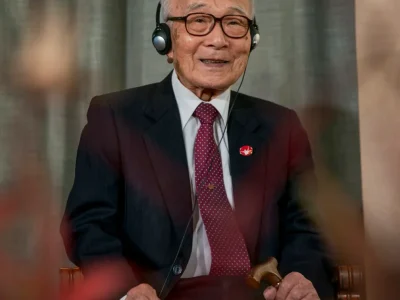In 1932, a man named Freddie Lee Tyson walked into a clinic in Tuskegee, Alabama, run by the United States Public Health Service. He believed he was receiving free treatment for a condition called “bad blood,” a catch-all phrase for ailments common in the African American community. What he didn’t know was that he was becoming a subject in a 40-year government experiment that would let him die untreated from syphilis.
The Tuskegee Syphilis Study is one of the darkest chapters in the history of medical research. Conducted under the guise of public health, the study enrolled 600 Black men, 399 of whom had syphilis, and observed the effects of the disease over time. The men were not told the truth about their diagnosis, and more importantly, they were deliberately denied treatment, even after penicillin became widely available as an effective cure in the 1940s.
This wasn’t just a scientific failure. It was a moral catastrophe that exposed deep-seated racism, institutional deception, and a disregard for human life. It would take four decades, a whistleblower, and public outrage for the study to end, and by then, irreversible damage had been done.
The lie of "bad blood"
When the study began, the Public Health Service claimed it would last six months. Instead, it continued until 1972. The men were told they were receiving treatment, when in fact they were only given placebos like aspirin or mineral supplements. Researchers conducted spinal taps, calling them “special free treatments,” to study how the disease progressed.
The term “bad blood” was a deliberate obfuscation. It masked the true nature of syphilis and ensured that participants remained unaware of the real purpose of the experiment. Many of the men were sharecroppers with limited access to healthcare and education. Trusting in the promise of free medical care, they unknowingly signed away their health and lives.
The deceit extended beyond the patients. Local doctors were recruited to keep the men from receiving treatment elsewhere. Even when World War II draft boards detected syphilis in participants and tried to treat them, the study organisers intervened to stop it.
Penicillin's discovery changed nothing
By the mid-1940s, penicillin had become the standard treatment for syphilis. It was cheap, widely available, and life-saving. Yet the men in the study were deliberately kept from accessing it. Researchers wanted to continue observing the “natural progression” of the disease, even if it meant letting their subjects die.
Internal documents later revealed that the Public Health Service discussed the ethical implications but chose to carry on. There was no informed consent. No transparency. No humanity. Only the pursuit of data at the expense of lives.
The untreated syphilis not only affected the men but also their partners and children. Many wives were infected, and some children were born with congenital syphilis, a condition that causes blindness, bone deformities, and brain damage.
Whistleblower breaks the silence
The study might have continued indefinitely if not for Peter Buxtun, a social worker at the Public Health Service. Disturbed by the experiment’s unethical nature, he raised concerns internally in the late 1960s. When those were ignored, he leaked the story to the press.
In 1972, journalist Jean Heller of the Associated Press broke the story. The reaction was swift and furious. Public outrage spanned from civil rights leaders to scientists and ordinary citizens. Within months, the study was shut down.
A class-action lawsuit followed, resulting in a $10 million settlement and lifetime medical benefits for the survivors and their families. But for many, justice had come too late.



An apology decades later
In 1997, 25 years after the study ended, President Bill Clinton issued a formal apology on behalf of the United States government. He met with several survivors, acknowledging the government’s role in the tragedy and vowing that such an incident would never happen again.
“The United States government did something that was wrong—deeply, profoundly, morally wrong,” Clinton said. “It is not only in remembering that shameful past that we can make amends and repair our nation, but it is in committing ourselves to build a better present and a better future.” (Clinton White House Archives)
The apology helped spark national conversations about racism, bioethics, and the need for safeguards in medical research. It also contributed to the institutionalisation of rules that today guide how studies involving human subjects are conducted.
How Tuskegee changed the world
The Tuskegee Study led to sweeping reforms in research ethics. In 1974, the National Research Act was passed, leading to the creation of Institutional Review Boards (IRBs). These committees now oversee human subject research to ensure ethical standards are met.
The Belmont Report, published in 1979, formalised key principles in bioethics: respect for persons, beneficence, and justice. These ideas are now foundational in research ethics education around the world.
Informed consent became a legal and moral requirement. Researchers must now clearly explain risks, benefits, and the right to withdraw from studies. Participants can no longer be treated as passive data points. They must be partners in the process.
The long shadow of distrust
Tuskegee is not just an American story. Unethical research has occurred in other countries too, from forced sterilisation in India to secret drug trials in Africa and Latin America. In 2007, Pfizer faced international condemnation for an unauthorised drug trial in Nigeria that allegedly led to the deaths of children.
These incidents show the importance of global ethical oversight. While developed nations have stronger safeguards today, research outsourcing to low- and middle-income countries often raises red flags. The lessons from Tuskegee must be applied universally, not selectively.
Organisations like the World Health Organization and UNESCO have issued ethical guidelines, but enforcement is inconsistent. As international collaborations increase, the pressure to prioritise human rights in science must grow louder.
Relevance in today's science
Today, medical research is more regulated than ever before. But new ethical questions keep emerging. The use of artificial intelligence in diagnostics, genetic editing tools like CRISPR, and even data privacy in digital health platforms all raise concerns about consent, fairness, and justice.
The lesson from Tuskegee is clear: technological progress must never come at the cost of ethics. Scientists and policymakers must constantly re-examine the systems in place and ensure they protect the most vulnerable.
Medical journals, research institutions, and government agencies must continue to prioritise transparency. Ethical training must not be a one-time box-ticking exercise, but an integral part of research culture.


What we owe to the victims
The men of Tuskegee were not just statistics. They were husbands, fathers, workers, and members of a community that trusted the system and was betrayed. Their suffering must not be remembered as a cautionary tale alone, but as a rallying cry for justice.
Every ethics policy, consent form, and IRB protocol exists because of what happened to them. Acknowledging that truth honours their memory and reinforces the responsibility modern science holds.
The story of Tuskegee is a reminder that science is not just about discovery. It is about dignity.
A call to reflect
What happens when institutions forget that people are not test subjects, but individuals with rights, hopes, and lives? The Tuskegee Syphilis Study was a failure of humanity.
In a world still grappling with medical inequality, mistrust, and ethical grey zones, we must ask: Are we doing enough to prevent another Tuskegee?
Let this story challenge how we think about ethics, race, and research. Let it move us to demand better.
References
- Centers for Disease Control and Prevention. (n.d.). About the USPHS Syphilis Study. Retrieved from https://www.cdc.gov/tuskegee/about/index.html
- UC Law San Francisco. (2024, July 26). Tuskegee Whistleblower Peter Buxtun. Retrieved from https://www.uclawsf.edu/2024/07/26/tuskegee-whistleblower-peter-buxtun/
- Clinton, W. J. (1997, May 16). Remarks by the President in Apology for the Study Done in Tuskegee. Retrieved from https://clintonwhitehouse4.archives.gov/New/Remarks/Fri/19970516-898.html
- U.S. Department of Health & Human Services. (n.d.). The Belmont Report. Retrieved from https://www.hhs.gov/ohrp/regulations-and-policy/belmont-report/read-the-belmont-report/index.html







